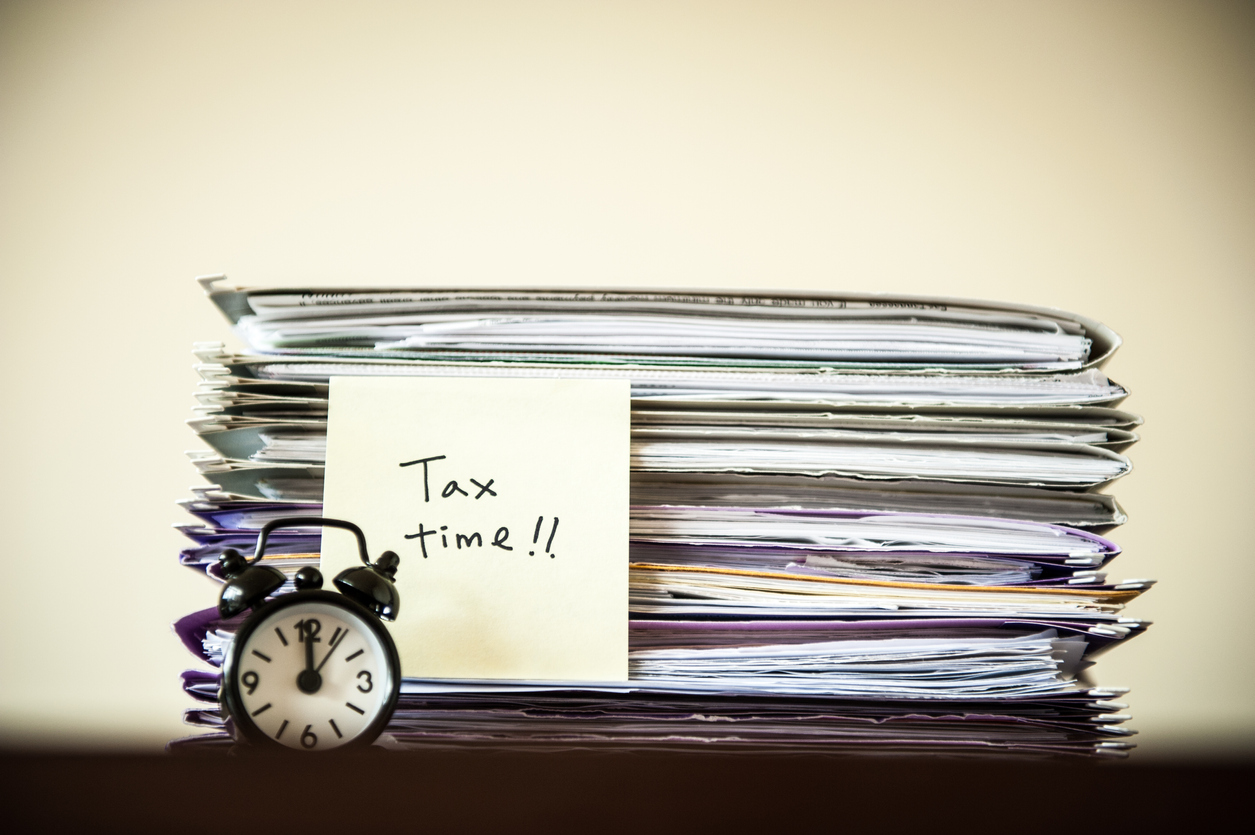
After a traumatic 2020 for dividend-paying companies, when a number of traditional stalwarts were forced to cut or suspend their dividends, we look at whether we can expect a return to dividend payments in the year ahead.
Why are dividends important?
UK investors have always had a love-affair with dividend-paying companies. For example, many retirees invest in companies known for their dividend payments because they can be relied on to pay a consistent and strong level of income, year in, year out.
But it is not just the man in the street who is attracted to income-paying companies. Most pension funds own large quantities of dividend payers for the same reasons. One of the reasons the FTSE 100 index has been historically popular with investors is that its average dividend yield is usually between 4% and 4.5%. During an extended period of low interest rates, this makes dividend-paying companies very attractive within any investment portfolio.
What’s more, earning a regular income through dividend-paying companies can help you to grow the value of your investment pot significantly over the years, especially if you use the income payments to purchase additional shares – which in turn also pay out future dividends.
So, it is no surprise that investing for dividends is important to UK investors, and no coincidence that the UK has long stood out as offering a higher dividend yield (how much a company pays out compared to its stock price) than most other countries.
A difficult period for companies
Dividends are usually considered to be a good sign that a company is doing well, and has plenty of spare cash in the bank. But the UK’s reputation for dividend payments took a battering during 2020.
The coronavirus pandemic caused a global shutdown during the first few months of last year, forcing companies to take widespread, and often drastic, measures to keep operating during a period of uncertainty.
Dividends were an obvious place to start, and according to research carried out by GraniteShares, almost 500 companies listed on the FTSE 100, FTSE 250, and AIM stock markets either cut, cancelled, or suspended their dividend payments during 2020. As a result, the FTSE 100 average dividend yield for 2020 overall ended up at a significantly lower 2.98%.
Which companies were affected?
Some of the biggest dividend payers come from the oil, banking, and property sectors. Within the oil sector, after a year when travel became a non-starter for millions of people, BP cut its dividend by half after reporting a $6.7 billion loss in the second quarter of 2020, while Shell reduced its dividend by two-thirds – the first time it cut its dividend since World War Two. After the shock of 2020, and the increased pressure on oil producers to invest in the transition towards renewable energy, the prospects for a return to past dividend highs looks uncertain for now.
However, a return to normality looks more promising in those two other sectors. Companies operating within the UK banking sector – including HSBC, NatWest, Lloyds, and Barclays – stopped paying dividends in March, following recommendations from their regulator. The concern was that banks needed to keep more capital on hand in order to absorb financial losses from non-payment of loans. This concern appears to have been overstated, and following upbeat reports in the third quarter of 2020, the Bank of England has said banks are cleared to announce dividends as part of their next financial results in 2021.
Within the property sector, companies such as Land Securities and British Land cancelled their dividend pay-outs to conserve cash early during the pandemic, after heightened fears that their tenants would fail to keep up with rent repayments. But both have announced they intend to restart dividend payments in 2021.
What’s likely to happen now?
A return of companies paying dividends would be an important and positive development in 2021, and with banks and property companies expected to return to making payments soon, the signs are encouraging.
That said, expecting a return to previous levels of dividend payments seems optimistic. The coronavirus has made life difficult and even accelerated the decline of companies in certain industries – which is likely to reduce the average dividend yield in the UK market for some time to come. Most companies are likely to start paying dividends at more sensible levels to protect their business in the long run, which is no bad thing.
What should investors be thinking about?
Stocks with a good history of paying consistent and growing dividends will always be appealing to investors. But you should avoid investing for the promise of a dividend alone – it is just one of many factors to bear in mind, and companies can change their dividend policies at short notice, as seen during 2020.
If you hold some UK shares that are there solely for their dividend-paying prospects, now might be a good time to reassess their place in your portfolio, and consider some of the other investment options available to you. For example, the UK is no longer the only place to find great dividend-paying companies. You might be better off switching your investment into a fund that looks at other countries, such as the US, Japan, and the Asia-Pacific region. There are other income-generating investment options available too, so this might be a good time to refresh and refocus your portfolio.
If you are interested in discussing your investment strategy with us, please get in touch with one of our experienced financial planners here.
The value of your investment and income from it can go down as well as up and you may not get back the full amount you invested. Past performance is not a reliable indicator of future performance. Investing in shares should be regarded as a long-term investment and should fit in with your overall attitude to risk and financial circumstances.





